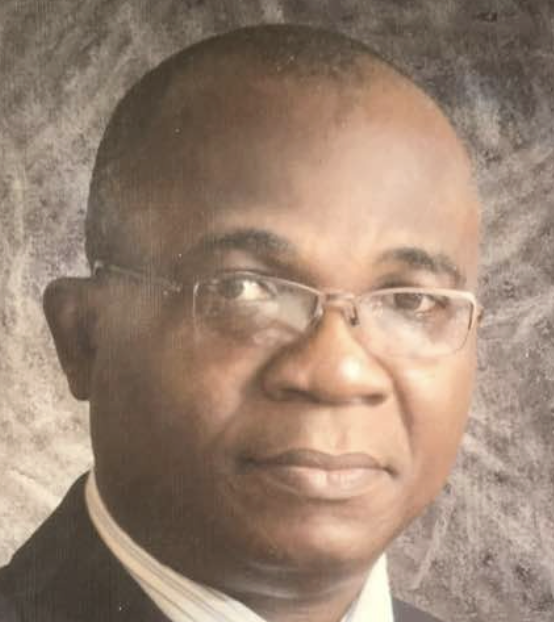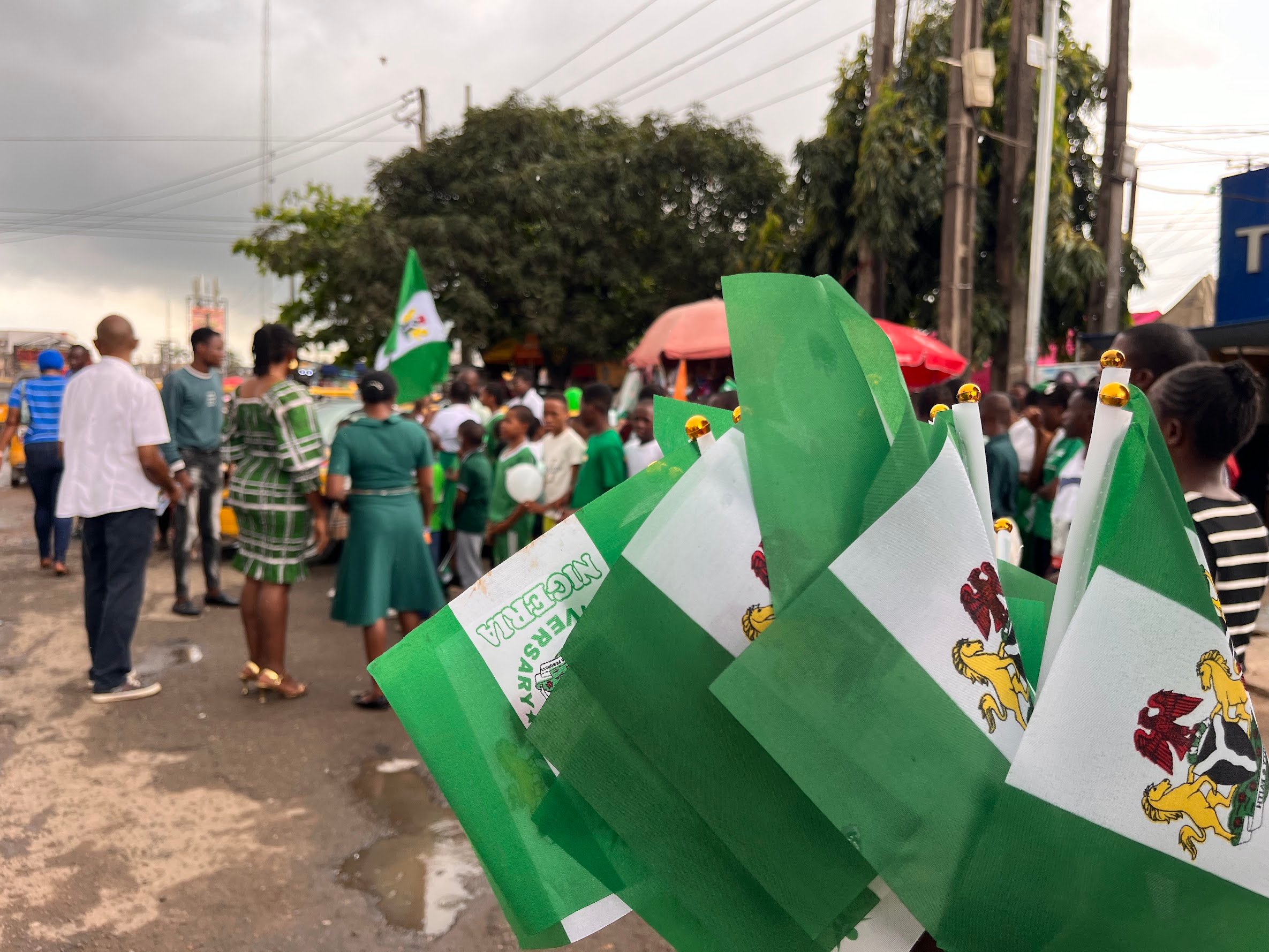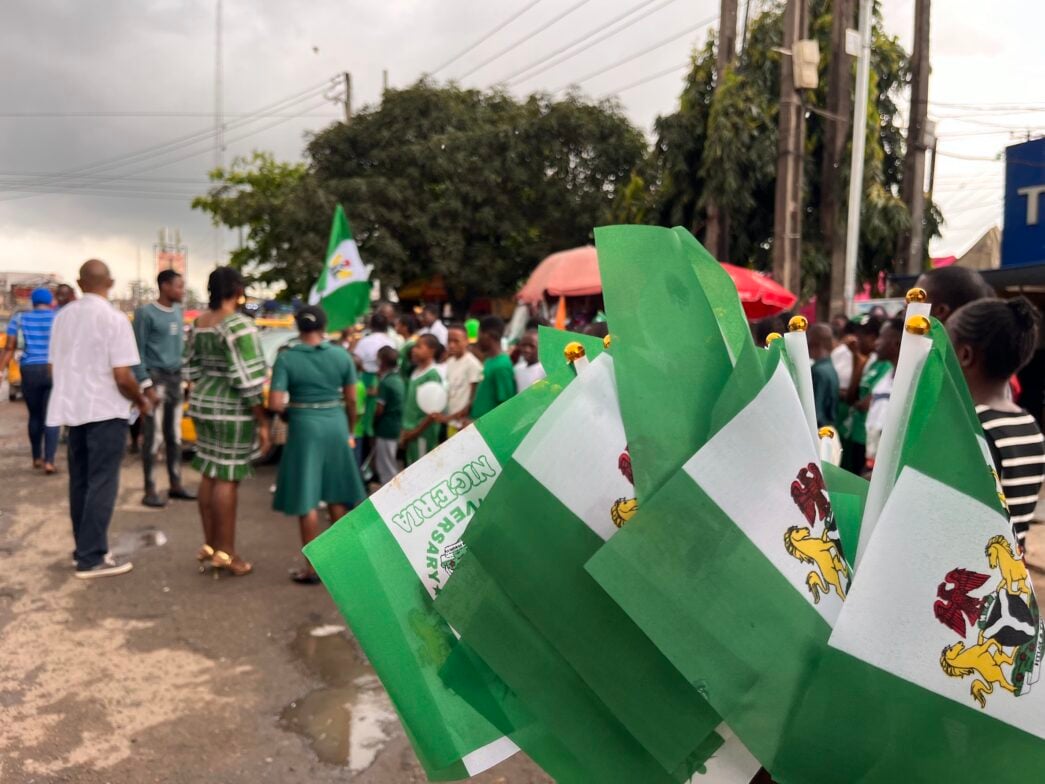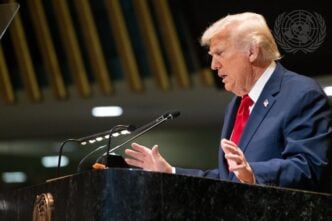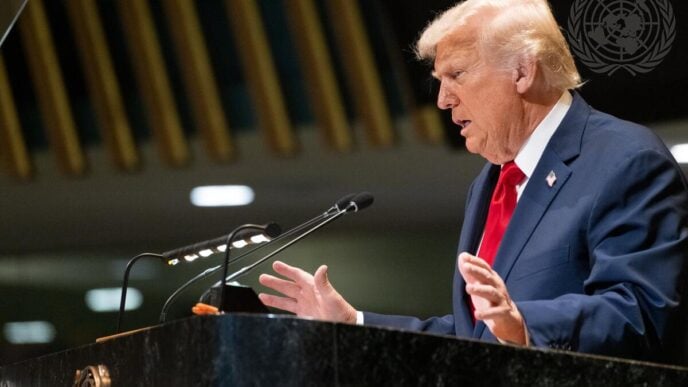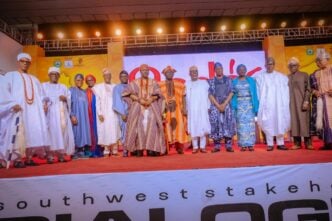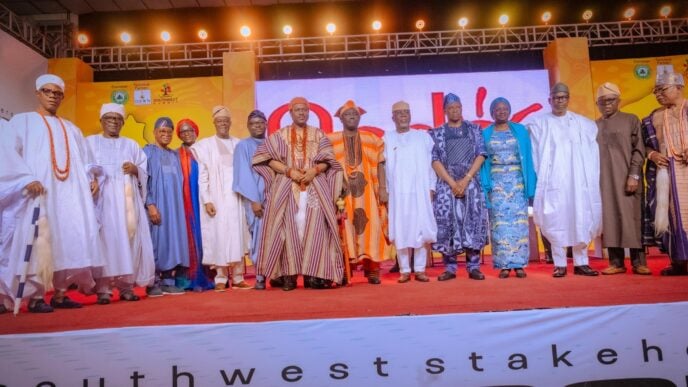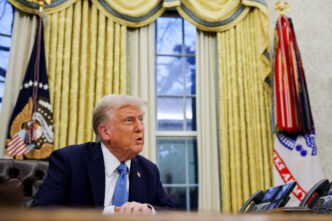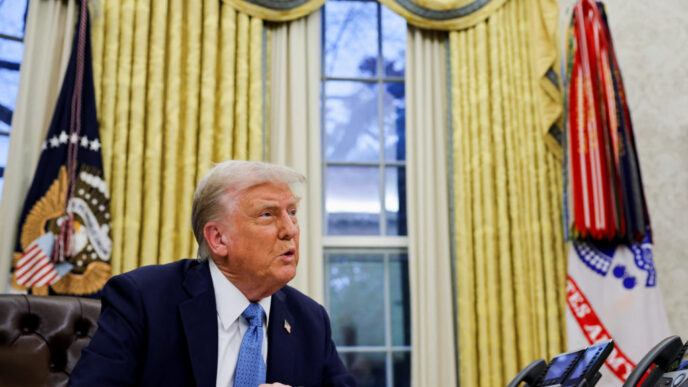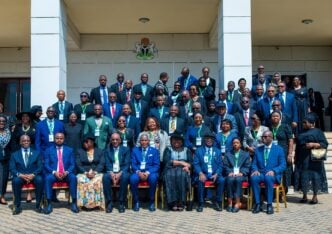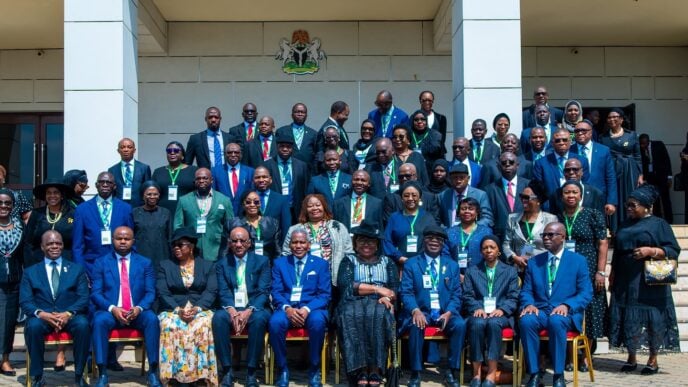When a nation neglects the cultivation of knowledge, it mortgages its future. Nigeria’s development debate often revolves around oil prices, exchange rates, or corruption. Yet beneath these lies a more insidious deficit, the deficit of the mind. Ignorance, in its various forms, functions as a hidden tax on national progress. It drains productivity, weakens governance, and traps generations in a cycle of dependency. Unless Nigeria addresses this knowledge crisis, every economic reform will be built on sand.
Ignorance is not a single condition but a system of deprivations. It manifests in three interlocking forms. Foundational ignorance is the failure to ensure basic literacy and numeracy, the inability of millions of children to read or reason with numbers after years in school. Scientific ignorance is the chronic underinvestment in research, innovation, and the institutions that generate intellectual capital. Civic ignorance is the absence of informed citizenship, the weakness of evidence-based policymaking and public accountability. Together, these create a culture that celebrates titles over competence and survival over inquiry. They explain why Nigeria’s physical infrastructure decays while its intellectual infrastructure remains neglected. When human capital is weak, no amount of capital investment can sustain growth.
According to the World Bank’s 2023 Human Capital Index, a child born in Nigeria will reach only thirty-six percent of their potential productivity compared with a child enjoying full education and health. More than twenty million Nigerian children are out of school, the highest number in the world. Among those in classrooms, learning outcomes remain distressingly low; nearly nine in ten ten-year-olds cannot read and understand a simple passage. This is not merely an education crisis; it is an economic catastrophe in slow motion.
Research by economists Eric Hanushek and Ludger Woessmann demonstrates that cognitive skills, rather than years of schooling, are the strongest predictors of long-term growth. Nigeria’s stagnant total factor productivity reflects this truth: the country has doubled its labor force since 1990, yet real productivity has barely moved. The result is what might be called growth without progress, economic expansion unaccompanied by rising competence. Nigeria spends less than 0.3 percent of its GDP on research and development, compared with over two percent in China and four percent in South Korea. Fewer than thirty researchers exist per million people, while the global average exceeds 1,300. Broadband penetration hovers around forty-eight percent, cutting off half the population from the digital economy. Each of these figures represents an invisible tax on opportunity. They mean lower efficiency in farms and factories, higher costs for government services, and persistent reliance on imported technology. The World Bank and UNICEF estimate that learning poverty, defined as children unable to read by age ten, could reduce lifetime earnings by over three percent per student cohort. Multiplied across Nigeria’s vast population, the losses reach hundreds of billions of dollars. Ignorance, therefore, is not a moral abstraction; it is measurable debt.
Advertisement
Nations that have risen from poverty in recent decades share one trait: they treated education and research as instruments of statecraft. But comparisons must be realistic. South Korea and Singapore achieved miracles under authoritarian unity, while Nigeria’s federal democracy is far more complex. Closer parallels can be drawn from India and Brazil, large, diverse democracies that confronted similar educational bottlenecks. India’s national literacy mission, launched in 1988, combined federal coordination with state-level ownership, volunteer tutoring, and public-private partnerships. By 2018, adult literacy had risen from 52 percent to over 77 percent. Brazil’s education reforms under the Fundef and Fundeb frameworks tied federal transfers to state performance and ensured predictable funding streams. Both countries demonstrated that learning outcomes can improve in democratic contexts if accountability and incentives are aligned. Nigeria can adapt these lessons by decentralizing implementation but centralizing standards, linking federal resources to measurable learning gains, and embedding transparency into every funding stream.
The relationship between ignorance, corruption, and poor governance is circular, not linear. Corruption diverts funds from education and research, while ignorance weakens the civic vigilance needed to confront corruption. Each feeds the other. To break this cycle, reform must address both the supply of knowledge and the demand for accountability. Citizens who can read budgets, analyze policies, and access information become less susceptible to manipulation. Conversely, leaders who must justify spending to an informed public are likelier to prioritize human development. Thus, investing in education is not only an economic policy; it is a governance strategy.
Nigeria needs a long-term framework that treats knowledge as the foundation of competitiveness. This can be achieved through a phased, results-based National Productivity Agenda built around five pillars. The first is to eradicate foundational ignorance. Reading for meaning by age ten should become a national target. The Federal Ministry of Education, in partnership with state ministries, should deploy structured pedagogy programs, teacher coaching, and community tutors modeled on successful initiatives in Kenya and Ghana. Federal transfers should be tied to verified literacy and numeracy gains rather than school enrolment figures. The second is to build a scientific knowledge base. R&D expenditure should rise to at least one percent of GDP by 2028 through a Sovereign Knowledge Fund financed by reallocating a portion of fuel-subsidy savings, diaspora innovation bonds, and private-sector co-funding. Agencies such as TETFund and NASENI should be restructured to emphasize competitive grants, peer-reviewed research, and collaboration with industry. The third is to close the digital divide. Broadband connectivity must be recognized as critical infrastructure on par with roads and electricity. The Nigerian Communications Commission should fast-track 5G rollout and fiber-optic expansion through public-private partnerships, while a universal service fund can subsidize access for schools and rural communities. The fourth is to tie public finance to human-capital outcomes. Every borrowing plan or development program should contain measurable education and health targets. An Independent Human Capital Council composed of technocrats and civil-society representatives should publish quarterly dashboards tracking literacy, broadband access, R&D spending, and teacher attendance. Transparency will create continuity across administrations. The fifth is to cultivate civic literacy. Beyond schooling, citizens must learn to interpret data, understand public budgets, and hold leaders accountable. Media organizations, universities, and professional bodies can collaborate to mainstream civic education and fact-based discourse.
Advertisement
Implementing this agenda requires disciplined reprioritization, not unsustainable debt. The funds are within the system, waiting to be reallocated from low-yield expenditures to high-yield investment in our people. The foundational literacy push can be funded by redirecting even a fraction of post-subsidy savings, for instance ₦150 billion annually. This sum could finance a national tutoring corps, structured pedagogy materials, and teacher coaching across high-need states. It represents less than a fraction of one percent of the federal budget but could transform literacy outcomes nationwide. The Sovereign Knowledge Fund would begin with an initial capitalization of ₦500 billion, drawn from a one-percent reallocation from the capital budgets of large ministries and matched by diaspora innovation bonds. This fund would function as an independent, professionally managed endowment issuing competitive research grants to universities and think tanks. Existing institutions already provide an entry point. Agencies like TETFund, which manage hundreds of billions of Naira annually, can be transformed by mandating that at least 25 percent of their annual budgets go to competitive, peer-reviewed research in national priority areas. No new bureaucracy is needed, only smarter governance.
Politically, a national productivity agenda is not a zero-sum game but a rising tide that lifts all boats. The transition from a system benefiting narrow interests to one that creates broad-based opportunity requires a shrewd, coalition-based strategy. State governors can be positioned as champions of this new era. By tying federal transfers to verified literacy gains, they gain both legitimacy and resources to deliver measurable results. A governor who can demonstrate a twenty percent improvement in child literacy builds a legacy that outlives allocation politics. The private sector, which bears the brunt of training costs and productivity losses, is a natural ally. Tax incentives for corporate investment in STEM education and R&D partnerships with universities can channel private capital toward public good. At the same time, engaging the Nigerian diaspora through Innovation Bonds transforms brain drain into a brain trust, leveraging external expertise and capital without demanding physical repatriation. By establishing the Independent Human Capital Council and mandating quarterly public dashboards, government can shift the national conversation from partisanship to performance. Publicly available, verifiable data will allow citizens to see progress or its absence without intermediaries. This is not about blame; it is about creating a transparent environment in which evidence of success becomes the only viable political currency. This quantified and coalition-driven approach demonstrates that Nigeria’s knowledge agenda is neither utopian nor unaffordable. It is a deliberate, affordable, and strategic reinvestment in the nation’s only appreciating asset, the mind of its people.
The world is entering an era where national strength is measured not by territory or minerals but by the sophistication of minds. Artificial intelligence, biotechnology, and quantum computing are redefining power. Countries that master these technologies will dominate global value chains; those that lag will supply raw materials and human despair. Nigeria’s demographic dividend, its young population, could become either a source of dynamism or disillusionment. Without education, digital inclusion, and civic empowerment, our youth bulge may metastasize into instability. With them, it could propel Nigeria into continental leadership. The distinction lies in what the nation chooses to cultivate, bodies or minds.
Policy documents on education and innovation already exist, but they remain disconnected and underfunded. What is missing is political will and institutional discipline. The National Productivity Agenda must therefore be anchored in law, a Human Capital Development Act mandating annual reporting to the National Assembly. This would give education and research the same statutory status as defense or petroleum. In implementation, Nigeria should adopt a model of federal experimentalism allowing states to innovate within broad national benchmarks. Lagos could pilot digital-learning hubs, Kaduna might focus on teacher certification, and Cross River on community tutoring. Successful models can then be scaled nationally.
Advertisement
The ceiling of any nation’s progress is the consciousness of its leadership. Enlightened leaders understand that investing in the mind is the ultimate act of nation-building. South Korea’s transformation began with literacy campaigns, Finland’s with teacher quality, Rwanda’s with digital policy. For Nigeria, the frontier is no longer merely economic; it is cognitive. Leadership must therefore move from populism to purpose, from distributing patronage to developing potential. The rhetoric of infrastructure should give way to the philosophy of intellect. Roads and bridges crumble; knowledge endures.
Ignorance is costlier than corruption because it makes corruption possible, and deadlier than poverty because it perpetuates it. It is not simply the absence of information but the inability to use it wisely. The struggle for Nigeria’s future is a struggle for the mind, for literacy, science, innovation, and civic consciousness. Development is not measured by the number of projects commissioned but by the intelligence with which a people govern themselves. Nigeria must therefore choose whether to remain a consumer in a world of creators or to become a producer of ideas, technology, and value. The cost of enlightenment may appear high, but the price of ignorance is ruinous. The path forward is clear: to build a nation that not only survives on resources but thrives on reason. That transformation begins, as it must, with the elevation of the Nigerian mind.
Rear Admiral Ati-John (rtd) writes from Lagos.
Advertisement
Views expressed by contributors are strictly personal and not of TheCable.
